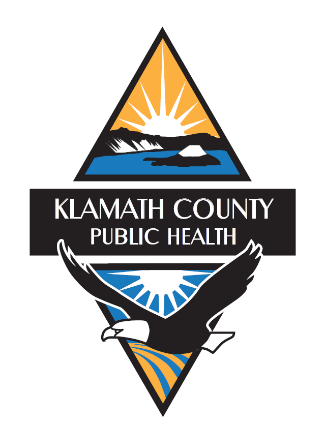May is clean air month
/Stock photo
The following is a press release from Klamath County Public Health.
Know the numbers and how clean air affects your health
At the time this was written, there were no wildfires in Oregon. However, California had already experienced 1,301 wildfire incidents in 2022. Woodstove advisory season ended in the Klamath County Air Quality Zone on March 15 and wildfire season could start at any time.
During periods of impact from wildfire smoke, community members will notice discussion of the air quality index number. This number is most helpful when residents knows its meaning. KCPH wants to help the community “know the numbers”. High temperatures can make the smoky conditions more uncomfortable. Knowing the range of air quality numbers can help people make good choices about outdoor activities.
In an effort to protect citizens, community partners have opened their doors to provide cleaner air spaces for residents to get a break from the smoke. Click here (https://www.klamathcounty.org/1142/Cleaner-air-spaces) to see where the spaces are located.
Smoke from wildfires is a mixture of gases and fine particles from burning trees and other plant materials. Smoke can hurt your eyes, irritate your respiratory system, and worsen chronic heart and lung diseases.
Know if you are at risk
If you have heart or lung disease, such as congestive heart failure, angina, COPD, emphysema or asthma, you are at higher risk of having health problems from smoke.
Older adults are more likely to be affected by smoke, possibly because they are more likely to have heart or lung diseases than younger people.
Children are more likely to be affected by health threats from smoke because their airways are still developing and because they breathe more air per pound of body weight than adults. Children also are more likely to be active outdoors.
Recommendations for people with chronic diseases
Have an adequate supply of medication (more than five days).
If you have asthma, make sure you have a written asthma management plan.
If you have heart disease, check with your health care providers about precautions to take during smoke events.
If you plan to use a portable air cleaner, select a high efficiency particulate air (HEPA) filter or an electro-static precipitator (ESP). Buy one that matches the room size specified by the manufacturer.
Call your health care provider if your condition gets worse when you are exposed to smoke.
Recommendations for everyone: Limit your exposure to smoke
Pay attention to local air quality reports.
Listen and watch for news or health warnings about smoke. Find out if your community provides reports about the Environmental Protection Agency's Air Quality Index (AQI). Also pay attention to public health messages about taking additional safety measures.
Refer to visibility guides if they are available.
Not every community has a monitor that measures the amount of particles that are in the air. In the Western part of the United States, some communities have guidelines to help people estimate the Air Quality Index (AQI) based on how far they can see.
If you are advised to stay indoors, keep indoor air as clean as possible.
Keep windows and doors closed unless it is extremely hot outside. Run an air conditioner if you have one, but keep the fresh air intake closed and the filter clean to prevent outdoor smoke from getting inside. Running a high efficiency particulate air (HEPA) filter or an electro-static precipitator (ESP) can also help you keep your indoor air clean. If you do not have an air conditioner and it is too warm to stay inside with the windows closed, seek shelter elsewhere.
Do not add to indoor pollution.
When smoke levels are high, do not use anything that burns, such as candles, fireplaces, or gas stoves. Do not vacuum, because vacuuming stirs up particles already inside your home. Do not smoke, because smoking puts even more pollution into the air.
Do not rely on masks for protection.
Paper "comfort" or "dust" masks commonly found at hardware stores are designed to trap large particles, such as sawdust. These masks will not protect your lungs from smoke. There are also specially designed air filters worn on the face called respirators. These must be fitted, tested and properly worn to protect against wildfire smoke. People who do not properly wear their respirator may gain a false sense of security. If you choose to wear a respirator, select an “N95” respirator, and make sure you find someone who has been trained to help you select the right size, test the seal and teach you how to use it. It may offer some protection if used correctly. For more information about effective masks, see the Respirator Fact Sheet provided by CDC’s National Institute for Occupational Safety and Health.



